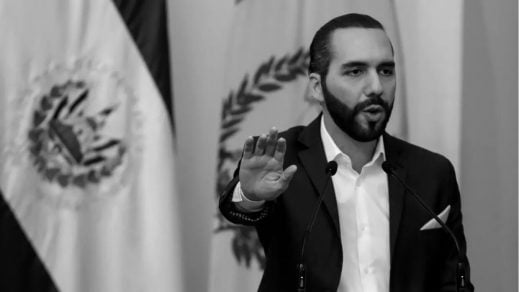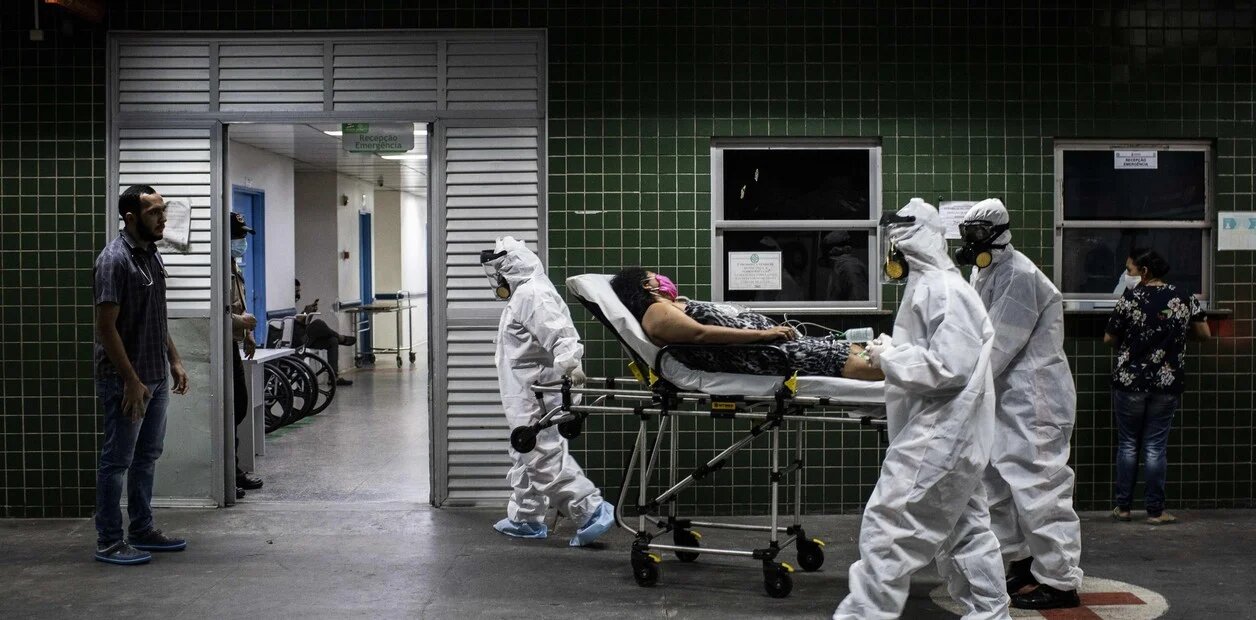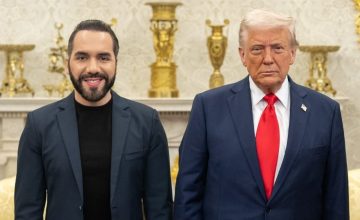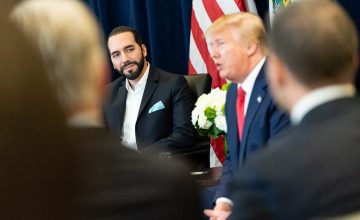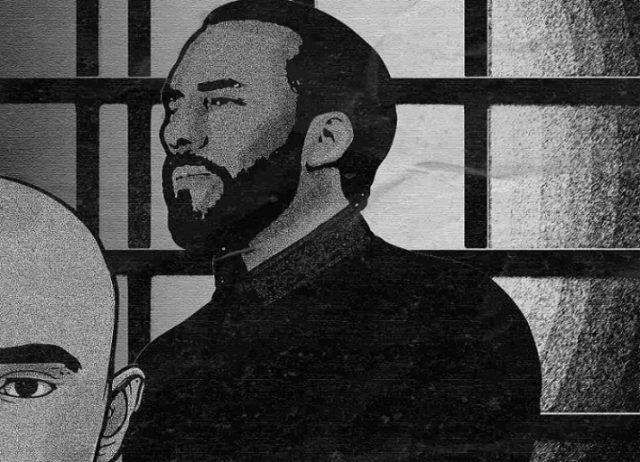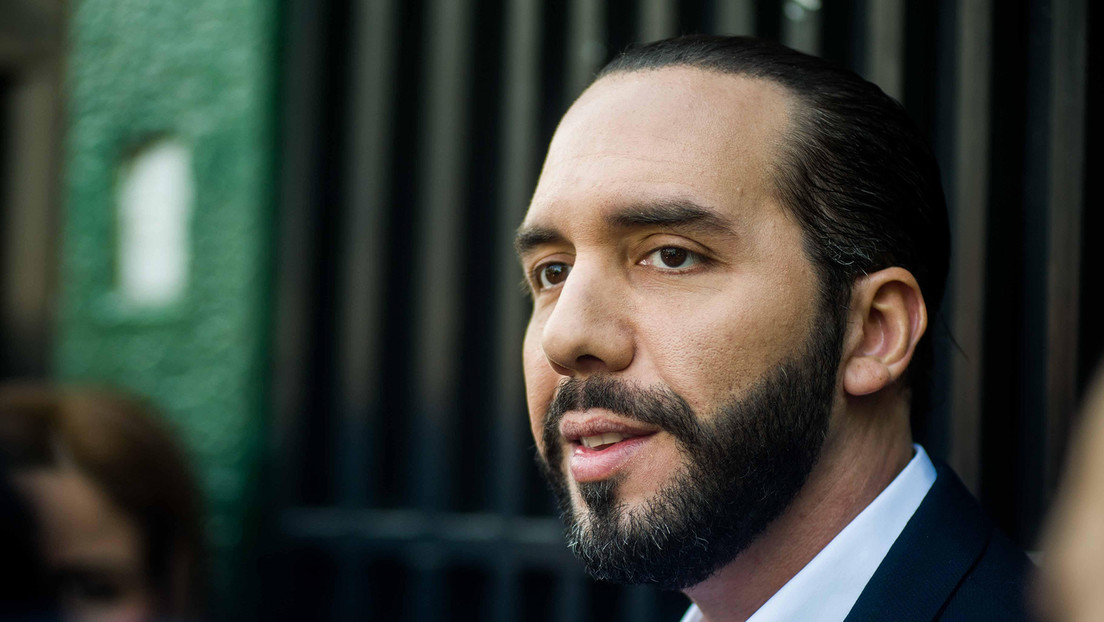The Economist joined the media that has criticized the way in which the President of El Salvador, Nayib Bukele, runs his country. In an article, the British weekly warned that the president «is on the way to becoming the first millennial dictator».
«In 11 months as President, he has done more to destroy El Salvador’s democracy than to reform it. With the outbreak of COVID-19, his disregard for democratic norms has only increased. Bukele could be on his way to becoming the first millennial dictator in Latin America», the publication said.

The Economist argued that the coronavirus pandemic has revealed that several democracies in the region are reeling.
It pointed out that with COVID-19 as an alibi, the de facto Bolivian president, Jeanine Áñez, is accumulating power and seeking to delay the presidential election, while the far-right Brazilian head of State, Jair Bolsonaro, is accumulating supporters calling for the closing of Congress and the Supreme Court.

Bukele’s arbitrariness
However, the British media claimed that «Bukele has gone even further,» as it moved quickly to contain the spread of COVID-19, imposing national confinement on March 21, when the country had only three confirmed cases».
«In the name of protecting citizens, he has trampled on their rights. Police arrested more than 2,000 people for violating quarantine rules and confined them for up to 30 days in conditions that make the spread of the disease more likely», it said.
It also recalled that when the Supreme Court said that the State cannot arrest people without a law to support it, Bukele challenged it.
«Five people are not going to decide the death of hundreds of thousands of Salvadorans, Bukele said, and the security forces took his orders to enforce his blockade, issued through Twitter, as legal mandates», the article reported.
Likewise, Bukele lashed out again when murders increased last month after a long decline.
«He encouraged the police to use lethal force against criminals and ordered that imprisoned members of rival gangs be confined in the same cells. Bukele’s office released photos of hundreds of nearly naked prisoners, packed closer than battery chickens, while their cells were being inspected», the text said.
The Economist also referred to the pressure that the President exerts on the members of his team in order to obtain the results he wants.
With the mandate: «Your tweets are my orders», the publication illustrated the response of the ministers and officials who run to execute what the President orders on Twitter, even if it breaks the law or does not make any sense.
For The Economist, Bukele has yet to pay a price for his brutality. However, he warned that «it is not clear how long he plans to retain all this power».
In fact, every day there are more ‘pan hitting’ (cacerolazos) by Salvadorans who are fed up with the abuses and arbitrary actions taken by the President.
Controversial state of emergency
In the face of numerous criticisms, Bukele insists on defending the measures implemented by his government in the face of the pandemic. Although he acknowledges that they are uncomfortable, in his opinion they are necessary and constitute «the only hope to avoid a health catastrophe» in El Salvador.
In fact, this weekend extended the state of national emergency, under the argument of wanting to stop the spread of the coronavirus, which to date has infected 1,265 people, leaving 26 dead.
The state of emergency, approved on April 30 by the Legislative Assembly, expired on Saturday night, so, under the protection of an article of the Civil Protection Law, the President decided to extend it for one more month.
Opposition deputies and human rights experts cataloged the action of the Executive as an act of «ignorance» of Congress and of the «state of emergency.»
However, on Monday, May 18, the Supreme Court of Justice declared the decree of the Head of State unconstitutional, which entered into force two days earlier and ordered its suspension «immediately and provisionally».
The controversial decree empowers Bukele to use funds from executive institutions to cope with the pandemic, keep schools and universities suspended (No classes), and pay for water, electricity and telephone services.
In this regard, the FMLN Parliamentary Group denounced that Bukele broke the rule of law and is using the emergency to make discretionary use of the State’s financial resources.
In the opinion of lawyer Humberto Sáenz, of the Center for Legal Studies, the measure applied by Bukele usurps the functions of the Assembly and considered the decision of the Constitutional Chamber of the Supreme Court correct. «It should be noted that we are in an illegality and unconstitutionality and there are responsibilities for people who promote this», said Sáenz.
In fact, the situation reached the point that the Office of the Attorney General of the Republic (FGR) denounced that Bukele usurped the powers of Congress by dispensing with this organ of the State to decree a state of emergency.
«A state of emergency decreed by the President of the Republic must be submitted to the control of the Legislative Assembly, so issuing a state of emergency for a period of 30 days is an act of usurpation of powers», said the FGR in a release.
The Public Ministry also appreciated that the decree issued by the President «exceeds the legal power», because it was not conceived by approval of the Deputies.
For these reasons, the Prosecutor’s Office filed an unconstitutionality appeal before the Constitutional Chamber of the Supreme Court of Justice against the decree, in which a precautionary measure of suspension is requested. The answer was already known today, as we mentioned above.
In the end, time will tell what will be the new plans and arbitrariness of President Nayid Bukele. Meanwhile, The Economist warned that «Salvadorans must find ways to control their president’s power now».
